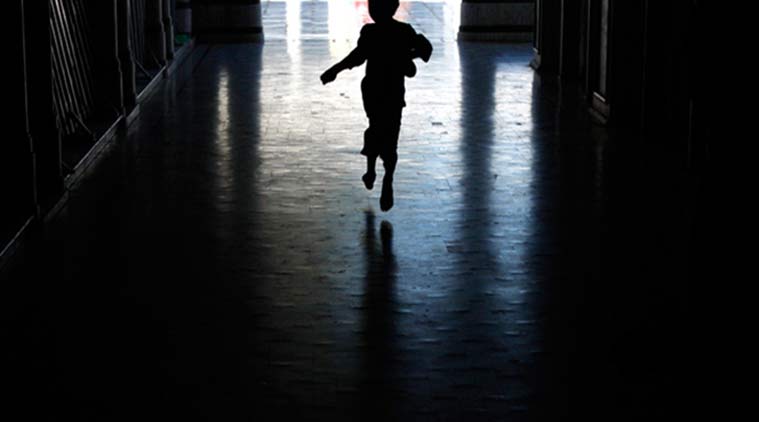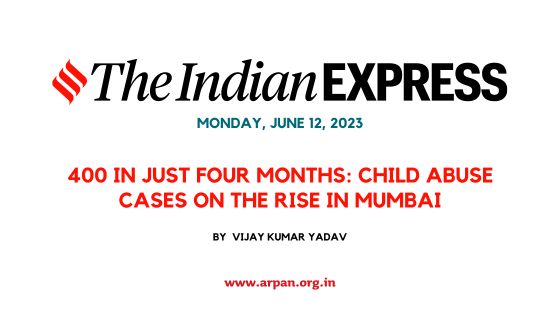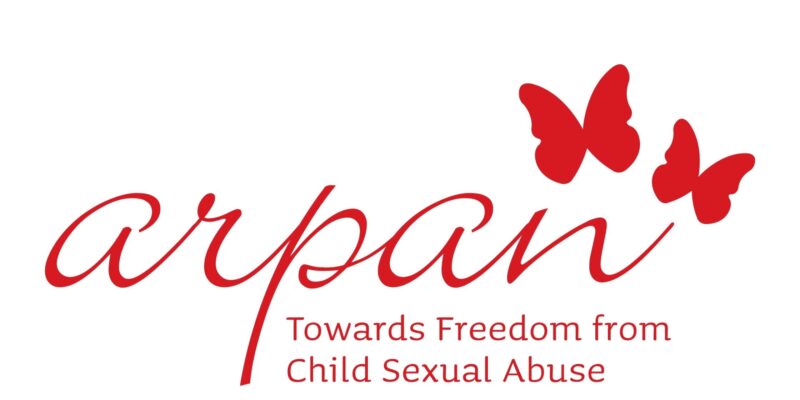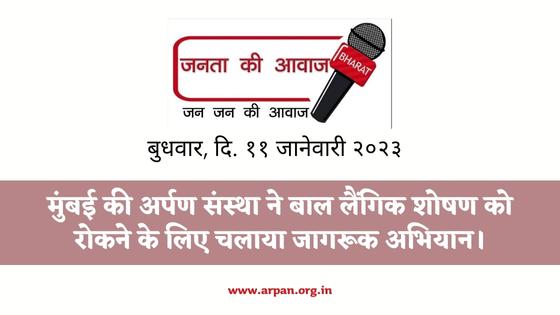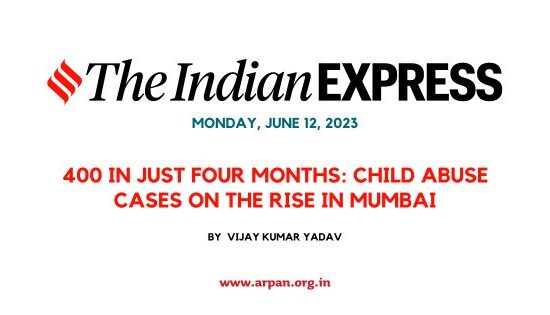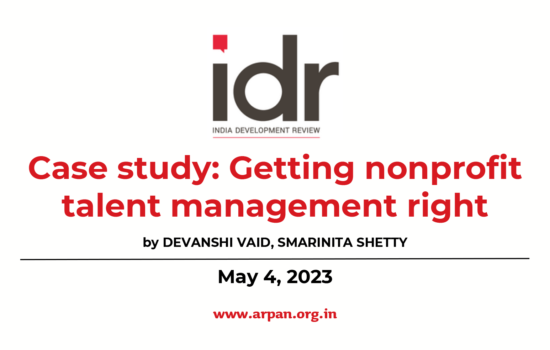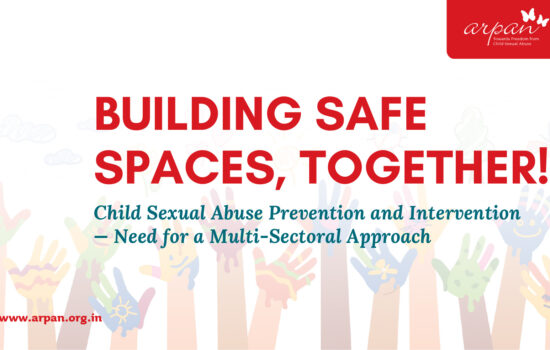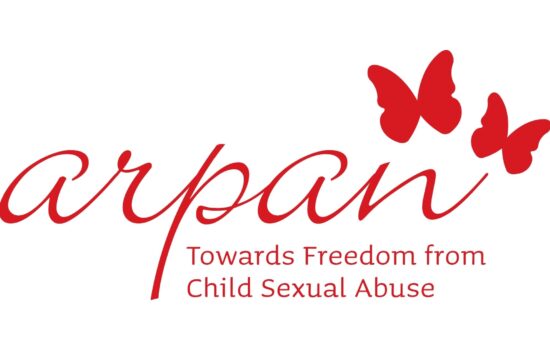Child abuse is largely preventable. But the burden of prevention has rested for too long on our children’s tiny shoulders.
Generations of Indian children have watched their parents remain silent on sexual issues, sweeping anything uncomfortable under the rug and looking away.Stories of abuse are strange. Sometimes they are blazing headlines — ’18 month old raped in Kolkata’, ‘Teenagers rape toddler in Delhi — but mostly, they silently wrap up inside themselves. This is the story of some of those untold stories, the ones that were desperately locked away in the dusty attics of childhood, untouched and uncleaned.
I recently mentioned that I was writing about child sexual abuse to a well-to-do mother of two boys. “But that stuff doesn’t impact my boys, right?” she asked hopefully. Well, before you think that gender, education or income provides insurance against child abuse, consider these facts: one out of every two children in India is sexually abused, most never report it, 52% of the cases are boys. These are staggering statistics, and essentially mean that if any one of us thinks that there has been no child abuse in our family – we are probably wrong.
In an overwhelming majority of cases, the abuser (almost always male) is part of the household. These are uncles, the cook who has been around since before the kids were born, older cousins, tuition teachers and even the family priests. ‘Stranger danger’ is one thing but how do we tell our children to watch out for faces who are part of the house?
I went to meet Radhika in Mumbai. She works for a MNC and recently moved from Bangalore. “I just couldn’t be in the same city as him anymore” she said. Starting when she was eleven, her mother’s brother seduced her. He showed her pornographic videos for weeks while gently reassuring her that what they were doing was totally normal. “At first, he didn’t touch my private parts. He kept showing me videos of other children doing intimate things with adults. I remember he stroked my head, and told me that this is how kids show love to big people,” she says dryly. After weeks of graphic pornography, her uncle started to masturbate in front of her. “He did that for many days before having sex with me. And after he did, he soothed me, again gently stroking my head. He told me that this was our special love. I’ll never forget him stroking me, kissing me, his special baby.”
Psychologists call this kind of seduction ‘grooming’ where an abuser identifies the victim and then spends weeks, maybe months preparing the child and the family for abuse. As the abuser wins the child’s trust, he often starts with permissible touching (like stroking the head) and then slowly sexualizes the relationship. The abuser uses threats (‘I’ll kill your dog if you tell anyone’, ‘your mother will stop loving you’) as well as bribes. By grooming children, abusers not only gain the child’s trust but also decrease the chance of the child disclosing the abuse and increase the chance of repeated access. Radhika says “minutes after having sex with me, my uncle would have tea with my mother” and so, disclosing his abuse seemed like a “confusing betrayal”.
While I was in school in Delhi, our Mathematics tutor endeared himself to us, a group of 15-year-old girls. Far from the usual disinterested tuition teachers, he drove with us to school on exam days and was ready with hugs or help depending on our marks. He bought us treats and knew all our schoolgirl secrets. We were usually in a group (this made our parents much more relaxed about the time he spent with us) and he effortlessly groomed us all. And then despite the herd, he singled out his victims. He began to call my friend for classes alone. While in the group, he asked her to sit separately in the bedroom while the rest of us sat on the dining table. Soon he made his move writing her sexual letters that detailed all that he would soon “teach her”.
I’ll never forget the first time that I saw those letters – how could the handwriting of our Maths worksheets be formed into these strange words? His advances became more insistent, and her grades started dropping. To her parents, this only signaled one thing: she needed more Maths tuitions. The onslaught continued for two years before she could tell her parents the truth.
Till this day, I’m grateful that she told her parents. Most kids never do. Explaining why children hold on to this deafening silence, Dr. Bhagat, a Senior Psychiatrist at Apollo Hospital, says, “A person who is abused does not have many forums to discuss it. One cannot start discussing abuse experiences when there is no discourse about other things in the family.” He’s right. Generations of Indian children have watched their parents remain silent on sexual issues, sweeping anything uncomfortable under the rug and looking away. We learn this silence which is further complicated by a tradition that demands that every child must respect and obey all elders. And so children obey and remain silent, no matter what the elders do.
Gaurav has buried his story in silence for two decades. We connected through a mutual friend in Mumbai and spoke on the phone. He started talking about how it all started, on his tenth birthday, “All the cousins had come over and we were playing hide and seek. Hiding in the corner of the backdoor stairs, my oldest cousin told me that he did something special with all ‘big boys’ and that he was going to show me since I was a ‘big boy’ now.” Gaurav remembers the pain of what followed with his underwear forced down around his knees. “My cousin kept saying ‘look, you’re liking it’ because my organ grew big. I was confused for a long time – was it my fault?” This guilt and self-blame is a common thread across many survivors. Dr. Bhagat says “Some misinterpret their somatic experience of anxiety as sexual arousal. Many will blame themselves. But the reality, in fact, is that the survivor is repetitively saying ‘no’ [to abuse] in many ways.”
I remained quiet on the phone with for a long time after he narrates his story. I don’t have the words to fill the silence. And then he says “my cousin always had keys in his pocket that would clink when he mounted me. Till today, I panic when I hear the sound of keys.”
Veena Hari of Arpan, a Mumbai-based NGO confirms that sexual abuse is particularly complicated for boys saying that “boys find it more difficult to report abuse. Because of our patriarchal mindset, most people believe that these things cannot happen to boys. But many incidents occur including inappropriate touching, bullying and same sex exploration.” I cringe thinking back to scandals of priests molesting thousands of boys in the Catholic Church. But why go so far as the Vatican – local priests have so much in common with them. A survivor of child abuse describes how her trusted family priest molested her while pretending to ‘cleanse’ her of black magic. She was at her grandmother’s house with her family in the next room.
The good news is that child abuse is largely preventable. But the burden of prevention has rested for too long on our children’s tiny shoulders. We have to take charge of prevention by talking about sexual abuse to our children early and often. Pedophiles have themselves said that they would find it much harder to abuse children who were aware of abuse. Talking to children about body parts and inappropriate touching is an important first step that needs to be refreshed every few months. We also need to break our cultural taboo on sex and talk about it appropriately but openly with our children. And while we teach our children to respect their elders, lets also teach them to scream loudly if their elders do something hurtful. And yes, its okay for boys to cry and scream too.
But despite our best efforts, not all children will be protected and not all children will scream loudly. In fact, many survivors say that they quietly “froze” during the abuse. ‘Freeze’ is one of the brain’s survival modes along with ‘fight’ and ‘flight’. In this mode, many body systems shut down including the hippocampus, the part of the brain that stores memories. As a result, many children don’t recall the whole incident but instead remember disjointed details such as the smell of cigarette smoke in the room or the painting on the opposite wall. Or like Gaurav, the clinking of keys.
And so, we can’t afford to ignore any statement – no matter how disjointed – from our children. Because when children tell us their story, often vague and fragmented, it is their truth. Very few reported incidents are false and so, every odd statement made by a child deserves to be investigated by a parent. But while we investigate the problem, we have to reassure our children. A parent’s support is the single best predictor of a child’s recovery, and our first words of reassurance – without fear, sadness or anger – will set the tone for recovery.
Luckily, we now have a strong law in place – the Protection of Children from Sexual Offences (POSCO) Act – which passed in 2012. But many police and medical personnel still need to be sensitized on it. Authorities often tell parents not to report abuse but even one child’s silence is massively dangerous because on average a single molester will abuse 48 more victims. Despite this risk, police and doctors make statements like “the child’s hymen is torn. Don’t report it. No one will marry her.” The subtext of these statements is that quintessential Indian fear – log kya kahenge?
What will people say? Its time to rewrite this phrase. One out every two Indian children being sexually abused is unacceptable. We need a safer India. Ab log ye hi kahenge.
Source: The Indian Express

